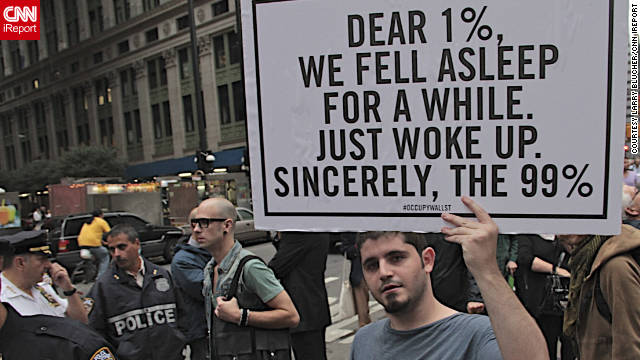The blogging experience for our Writing 140 course this semester offered a nice break from the otherwise more formal assignments usually assigned. The casual environment that blogging provides actually allowed for a more effective analysis and presentation in that students could relate more to the issues raised in the posts.
However, keeping up with posts and deadlines was, in all honesty, difficult due to the specific nature of the posts. The casualness offered by blogging was counteracted by the topics being so specific as to make posting more of a hassle. I think an easy way to remedy this issue while still being relevant to the AMST and Writing 140 courses would be to make the post topics more general. This will further allow students to discover what interests them in the course and talk about that, thus increasing their interest in the related material.
Overall, the blogging experience in Writing 140 was a nice deviation from the formal assignments we had, and I believe that my interest in the course material has benefited from its inclusion in the curriculum.
However, keeping up with posts and deadlines was, in all honesty, difficult due to the specific nature of the posts. The casualness offered by blogging was counteracted by the topics being so specific as to make posting more of a hassle. I think an easy way to remedy this issue while still being relevant to the AMST and Writing 140 courses would be to make the post topics more general. This will further allow students to discover what interests them in the course and talk about that, thus increasing their interest in the related material.
Overall, the blogging experience in Writing 140 was a nice deviation from the formal assignments we had, and I believe that my interest in the course material has benefited from its inclusion in the curriculum.

